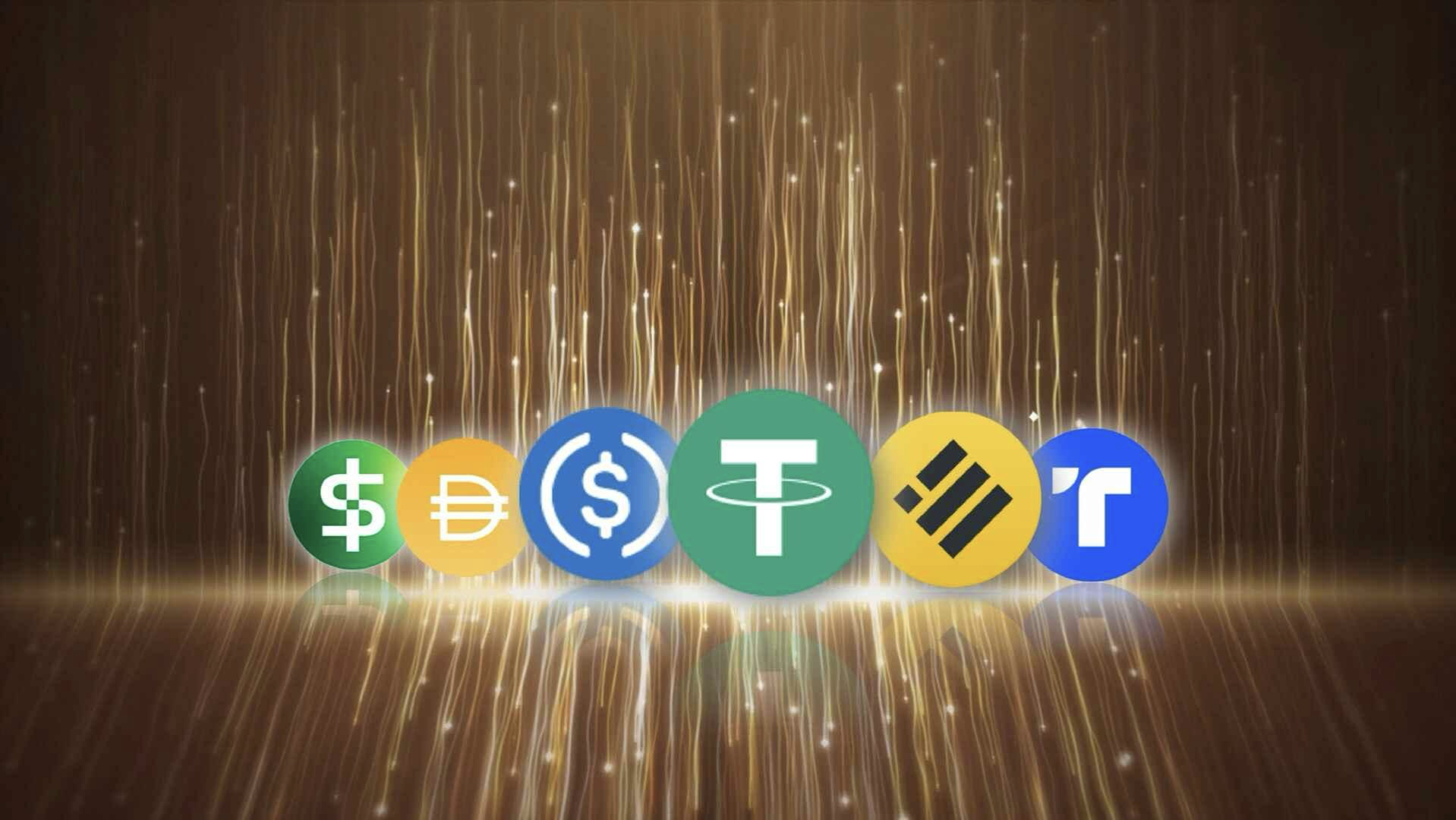Bitcoin is the heavyweight champion of cryptocurrencies — no question about it. However, the use cases and diversity altcoins bring to the table suggest this form of currency is the backbone of digital finance. Learn more about the rise of altcoins and why they are important in today's financial market.
What Is an Altcoin?
Altcoins, or alternative coins, refer to all cryptocurrencies apart from bitcoin. They are named so because they serve as alternatives to Bitcoin. These altcoins are built on various blockchain technologies and cater to diverse use cases such as decentralized finance (DeFi), smart contracts, and privacy features.
Altcoins are developed to solve an existing problem, create a new way of doing things, or offer good investment returns on a crypto trading platform. For instance, bitcoin faces criticism for its energy mining process and slow transaction speeds. Altcoins like Ethereum and Solana were developed to focus on scalability and efficiency.
The concept of altcoins goes beyond challenging Bitcoin's dominance or diversifying investment portfolios. They represent innovation and alternative pathways for engaging with technology, finance, and the world at large.
The Role of Altcoins in Today's Financial Market
The first Altcoin was Namecoin, developed in April 2011. Now, there are over 9,000 altcoins, each tasked with the purpose of making digital finance better.
Altcoins Role in Decentralized Finance and Other Financial Use Cases
Bitcoin was created as a digital currency for making payments, but altcoins have expanded the use cases of cryptocurrencies. For instance, Ethereum introduced smart contracts, which are automated agreements that enable developers to construct decentralized applications (dApps). These smart contracts are anticipated to transform business operations by enhancing efficiency and reducing costs. This model facilitates peer-to-peer transactions without the involvement of intermediaries like banks, enabling transparency and openness in operations. The limitations of Bitcoin’s scripting language prevent the development of DeFi applications on its platform.
Altcoins Offer More Privacy and Security
Some altcoins offer increased privacy and security compared to traditional finance and bitcoin. These digital currencies use algorithms to safeguard the privacy and security of transactions. For instance, Monero and Zcash incorporate privacy measures that are not present in Bitcoin.
Altcoins Offer Faster and Cheaper Transactions
Alternative currencies provide faster and cheaper transactions compared to conventional financial systems. These transactions can be completed within seconds with minimal fees compared to those seen in traditional financial setups. As a result, altcoins are an attractive choice for individuals and companies seeking cost-efficient transaction solutions. Litecoin was specifically designed for faster transaction processing than Bitcoin, making it more suitable for day-to-day transactions.
Altcoins Offer a Stable Way To Send Money

Stablecoins are a specific category of cryptocurrencies designed to be less volatile than others. They are tied to stable assets like the USD or gold, which makes their value more predictable and less risky. Stablecoins offer a reliable option for investors who want to avoid the ups and downs of regular cryptocurrencies. Tether (USDT) is a well-known example of a stablecoin, and it is pegged to the value of the U.S. dollar.
Altcoins Offer Diversification of Investment Opportunities
Investors need diversification, and altcoins offer precisely that. With their varied capabilities, uses, and technological frameworks, altcoins provide a means for investors to spread their risk — a fundamental strategy in the unpredictable world of investment.
Altcoins open fresh investment avenues, enabling investors to diversify their cryptocurrency holdings. While Bitcoin remains dominant, investing in altcoins can yield higher returns. For instance, in 2017, Ripple's XRP token saw returns exceeding 35,000%, far surpassing Bitcoin's 1,300% return. Meme coins like WIF and MEW have particularly stood out in the current bullish market for their potential to significantly boost an investor's portfolio.
Evaluating Altcoins for Investment
When investing in altcoins, fundamental analysis is more important than technical analysis. Start by exploring the technology powering the altcoin. Is it groundbreaking? Does it address an issue in a unique manner? Investigate the track record of the development team. A competent, seasoned team can serve as an indicator of the project's potential.
Market analysis plays a role well. Evaluate the altcoin market capitalization, trading volume, and historical price trends. A higher market cap may signal stability. It's important to consider liquidity and growth potential. Community support and ecosystem growth are factors to consider. An engaged and lively community can indicate an ecosystem, especially for meme coins. By assessing these elements, you can make educated choices and pick alternatives that align with your investment approach and risk tolerance.
While cryptocurrencies present opportunities for increased returns, they also come with heightened risks.
Many altcoins exhibit volatility levels and are susceptible to significant price fluctuations. Lastly, it's important to consider market sentiments. Investors rarely lose money during bull runs, but losses may be magnified in a bear market.
How To Get a Balanced Portfolio

Altcoins can significantly improve a cryptocurrency portfolio by providing a mix of growth potential, stability, and innovation. For example, while some altcoins offer promising growth opportunities through their applications and cutting-edge technologies, others, such as Solana, BNB, and Ethereum, bring a sense of stability that helps balance out the volatility in the crypto market.
Diversifying investments across altcoins allows investors to explore market sectors and technological advancements. This diversification strategy enables investors to seize opportunities presented by altcoins and spread risks across various assets.
Striking a balance with altcoin investments involves assessing their risk-reward profiles and aligning them with your objectives and risk tolerance. A rounded portfolio that combines established cryptocurrencies like Bitcoin and Ethereum with selected altcoins positions investors to capitalize on diverse trends in the crypto space efficiently.
Altcoins As the Backbone of Digital Coins
Many altcoins are relatively new but may offer more value than established cryptocurrencies. They also provide investors with a range of investment choices for increased profits. Although Bitcoin leads the way in the digital world, altcoins offer something more by broadening the scope of options.

 Watchlist
Watchlist Ads
Ads Today's best
Today's best
 All time Best
All time Best New listings
New listings Airdrops
Airdrops Presales
Presales Submit coin
Submit coin Contact Us
Contact Us Blog
Blog Dictionary
Dictionary Partners
Partners
 KYC verification
KYC verification AMA hosting
AMA hosting














